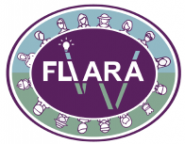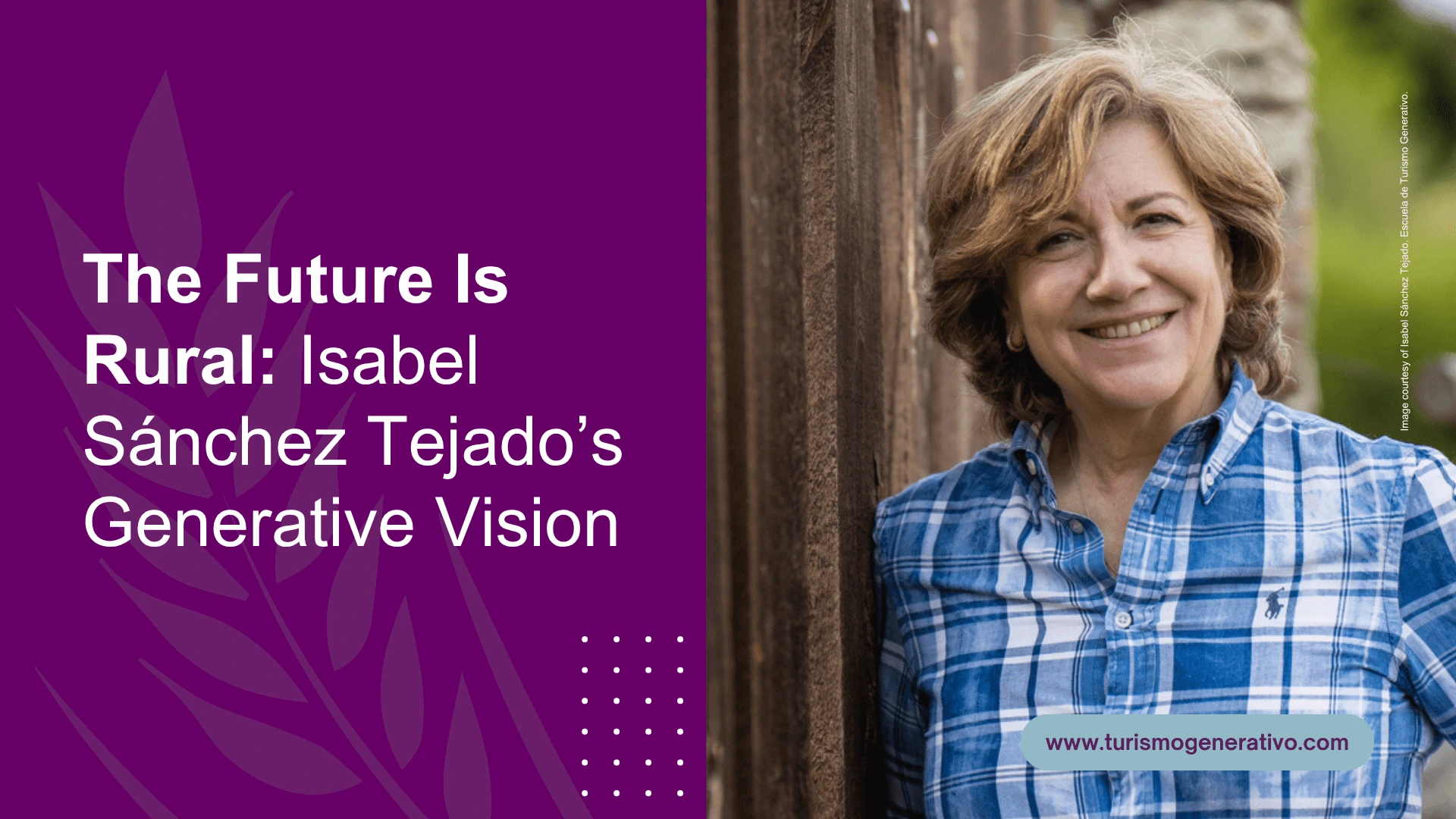When Isabel Sánchez Tejado left behind a three-decade career in multinational corporations such as IBM and Price Waterhouse, she didn’t imagine her next chapter would be written in the quiet landscapes of Spain’s Sierra de Gredos. Yet, it was precisely there—amid mountains, traditions, and a community grappling with depopulation—that she found her purpose: to prove that the future can also be rural.
Her journey took shape in 2011, when she revitalised a local entrepreneurs’ association and formed a working group dedicated to sustainable tourism. The results were tangible: traditions were honoured, local gastronomy gained recognition, and the natural landscape was protected while attracting new visitors. As word of this success spread beyond Gredos, other communities asked her to replicate the model. In response, Isabel founded the Escuela de Turismo Generativo (School of Generative Tourism), an online school dedicated to training rural entrepreneurs and destination managers in her pioneering model of generative tourism.
A Model Rooted in Sustainability
The tourism generative model Isabel developed is built on three pillars. The first is sustainability—not only environmental and economic, but also social. “No rural destination can truly be sustainable unless we deseasonalise the offer,” she emphasises, using the term to describe extending tourism beyond traditional high seasons. By diversifying activities and experiences throughout the year, communities gain continuous income, which in turn fosters population retention and new employment opportunities.
The second pillar is community involvement. Isabel insists that real change only occurs when neighbours, associations, local officials, and business owners align around a shared vision. “It’s not always easy,” she admits, “because everyone has their own idea of how to improve their territory. But when you listen deeply, you create strategies that belong to everyone.”
The third pillar focuses on protecting rural ways of life. For Isabel, tourism must never turn villages into “theme parks.” Agriculture, livestock, and traditional practices are not just cultural symbols—they are the essence of authenticity. “If rural tourism is attractive, it’s because it’s real. Preserving that authenticity is non-negotiable.”
Beyond Gredos: Training and Storytelling
Through the Escuela de Turismo Generativo, Isabel and her team now provide tailored training for different regions. Their approach is scalable, replicable, and impactful even when she cannot be physically present. Complementing the school is her podcast Mundo Rural en Positivo (Rural World in a Positive Light), co-hosted with Rakel Sanes, a colleague based in France’s Limousin region. Every week, they interview inspiring individuals who demonstrate that rural living is not only viable but also desirable.
“The podcast is part of my life’s mission: to show that the future also lies in rural areas,” Isabel explains. It has become a platform for sharing best practices, spreading hope, and dismantling stereotypes that portray the countryside as stagnant or outdated.
Challenges on the Ground
Isabel acknowledges that her path hasn’t been without obstacles. Chief among them is communication. Convincing local stakeholders of the benefits of sustainable tourism often requires “speaking their language” and building trust through personal interaction. “WhatsApp or email won’t do. In rural areas, conversations must be face-to-face, personal, and rooted in empathy.”
Another challenge is depopulation itself. Fewer residents mean fewer perspectives, and often those remaining are deeply attached to traditional ways. Isabel views this not as resistance but as a call to listen more carefully. “When you allow people to voice their concerns, you don’t just overcome barriers—you build community.”
FLIARA and the Future
Isabel Sánchez Tejado sees the FLIARA project as a game-changer. “FLIARA allows us to break stereotypes and show the richness of rural life at an international level. It proves that the rural world not only exists but thrives with innovation.”
Looking ahead, Isabel envisions expanding the reach of her generative tourism model across Europe. Her goal is not only to continue deseasonalising tourism and creating jobs but also to cement the idea that rural regions are vibrant, forward-looking spaces.
A Message for Aspiring Innovators
For women who dream of innovating in rural areas, Isabel’s advice is both simple and profound: “Listen to your community, build from authenticity, and don’t be afraid to reinvent yourself. The rural world has endless opportunities—you just need to uncover them.”
As she speaks, it becomes clear that Isabel Sánchez Tejado is not just teaching sustainable tourism; she’s leading a quiet revolution. Her work is transforming villages into destinations of pride and resilience, proving that the future can indeed be written from the heart of the countryside.



